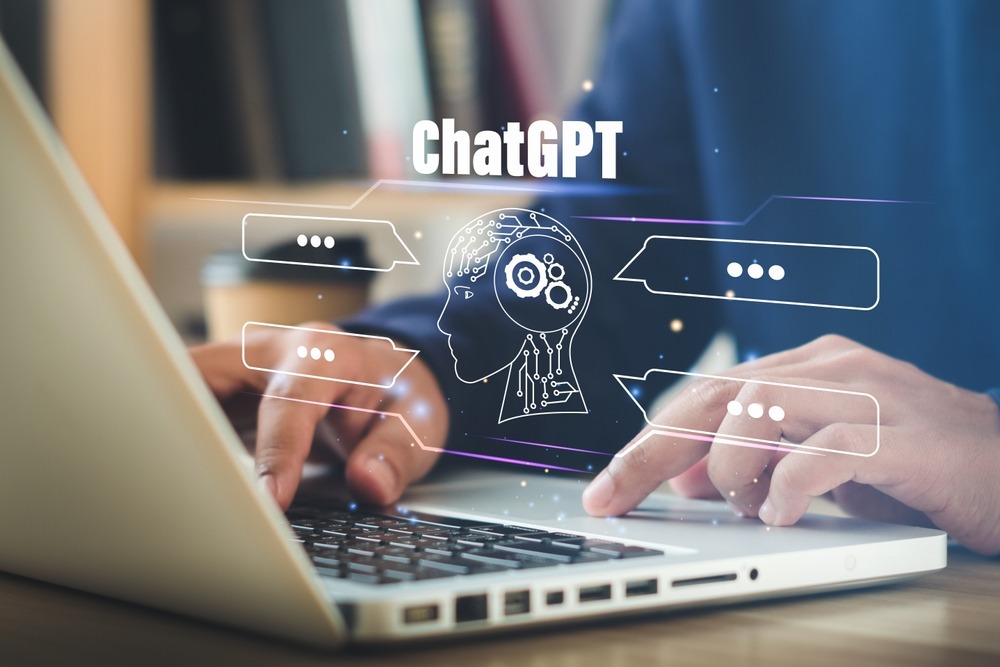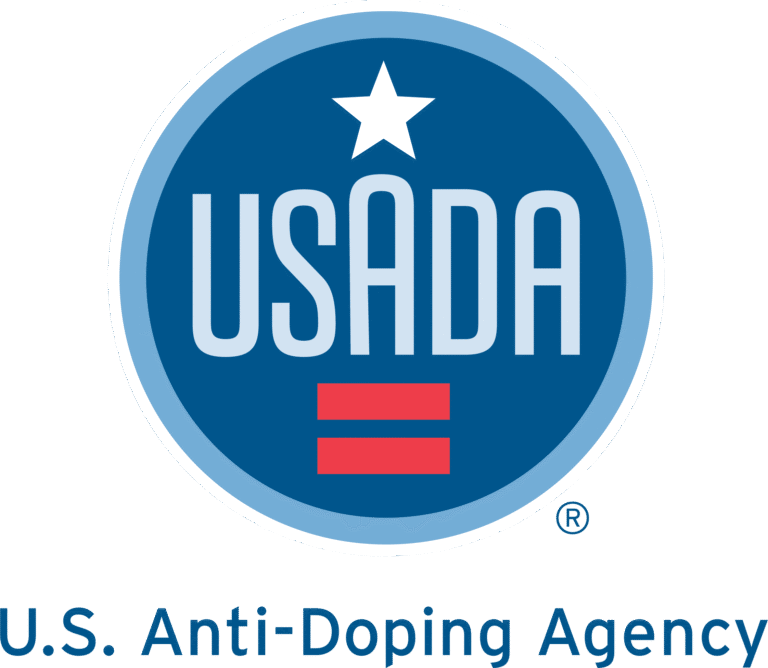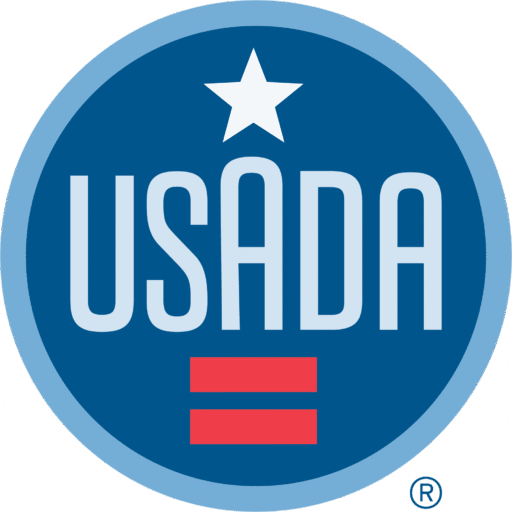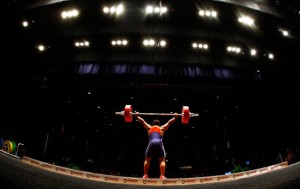 Have you heard of ChatGPT? There’s a good chance you have, as it’s risen to popularity in the past year for its ability to synthesize data to provide information in a human-like, conversational way to answer questions or requests asked over an online chatting platform. The news is filled with the many ways that ChatGPT and other artificial intelligence (AI) chatbots will revolutionize our world.
Have you heard of ChatGPT? There’s a good chance you have, as it’s risen to popularity in the past year for its ability to synthesize data to provide information in a human-like, conversational way to answer questions or requests asked over an online chatting platform. The news is filled with the many ways that ChatGPT and other artificial intelligence (AI) chatbots will revolutionize our world.
In sport, some have wondered whether AI will replace the need for support roles such as coaches, dietitians, and therapists. Here, we will discuss the potential benefits of leveraging AI for sports nutrition advice, the possible shortcomings, and some considerations moving forward.
The Potential
ChatGPT and other machine-learning tools can provide real-time analysis of large amounts of data in a short period of time. Because nutrition research is constantly evolving and guidelines change frequently, ChatGPT can comb through the existing literature at a rate much faster than a human could. This makes for an efficient process that eliminates the human error that can result from an incomplete review of the research. Many people find it is extremely easy to use, and answers are generated immediately.
While hiring a registered dietitian is the best option for someone looking to optimize their fueling strategy, not everyone can afford to hire a registered dietitian to construct an individualized nutrition plan. Using ChatGPT is free and accessible to anyone with an internet connection. Because there is so much misinformation on the internet, ChatGPT can help people decipher evidence-based guidelines from gimmicks. If athletes are simply looking for generalized nutrition education or even meal suggestions, ChatGPT may be a perfectly reasonable resource to use.
The Limitations
ChatGPT and other AI search engines are limited in their access to the most current data (Vaishya et al., 2023). For example, ChatGPT currently has a “knowledge cutoff date” of September 2021, meaning it does not account for any data that has come out after September 2021 to influence the answers it provides (Vaishya et al., 2023).
In a field as dynamic as nutrition research, missing two years of research can mean missing critical data that could change recommendations altogether. One study aimed at evaluating the usefulness of ChatGPT in healthcare found errors in response to medical questions, mostly due to the knowledge cutoff date. ChatGPT expressly states these limitations during ‘conversations,’ and advises users against using its capabilities for individualized medical advice.
As a test, we had a registered dietitian ask ChatGPT to provide a sample meal plan for a 64-inch, 130-pound female athlete who puts out an average of 5,000 kilojoules per week while training for competitive cycling. This would be the equivalent of about 11 hours per week of moderate intensity riding. ChatGPT formulated a meal plan that consisted of 2,000 calories per day, with 100 grams of protein and 250 grams of carbohydrate per day. The dietitian compared this meal plan with what she would construct based on current best practices and the individual needs of the athlete, and it fell short by a significant margin in both calorie and carbohydrate recommendations. The dietitian would have recommended 2,500-3,000 calories per day and 300-400 grams of carbohydrate per day, with variance dependent on daily training load.
It’s also important to note that the prompt itself can significantly impact the quality of the response. In the above example, it could help to focus ChatGPT on a body of work to use as a reference, which would ensure that you only get results reflecting the work of experts that you find the most trustworthy.
As such, it’s important to know that athletes blindly relying on AI for sports nutrition guidelines could set themselves up to under consume calories and carbohydrates, which would likely hurt their performance and potentially their health as well. Training plans are so individualized and vary week to week, and ChatGPT is unable to take such unique circumstances into consideration (Cascella et al., 2023).
Future Considerations
One of the most valuable components of nutrition counseling is the human interaction that comes with it. Oftentimes, nutrition solutions come from the iterative trial-and-error process and collaborative problem solving between a provider and their client. Furthermore, a provider can factor the nuances of the human experience—allergies, relationship with food, cultural considerations, preferences—into any recommendations provided. Many individuals have complex relationships with food that cannot be easily problem-solved using the data aggregation and analysis that ChatGPT employs. Answers have been found to be stereotyped and subject to many of the biases that exist in the standing bodies of research (Cascella et al., 2023). For example, most of the research uses samples of young, white males, so the information is often not generalizable to diverse populations.
While AI is certainly a promising tool for the future, athletes should exercise caution when using it for nutrition advice and limit their use to generalized nutrition suggestions.
References
Cascella, M., Montomoli, J., Bellini, V., & Bignami, E. (2023). Evaluating the Feasibility of ChatGPT in Healthcare: An Analysis of Multiple Clinical and Research Scenarios. Journal of Medical Systems, 47(1), 33. https://doi.org/10.1007/s10916-023-01925-4
Vaishya, R., Misra, A., & Vaish, A. (2023). ChatGPT: Is this version good for healthcare and research? Diabetes & Metabolic Syndrome: Clinical Research & Reviews, 17(4), 102744. https://doi.org/10.1016/j.dsx.2023.102744







